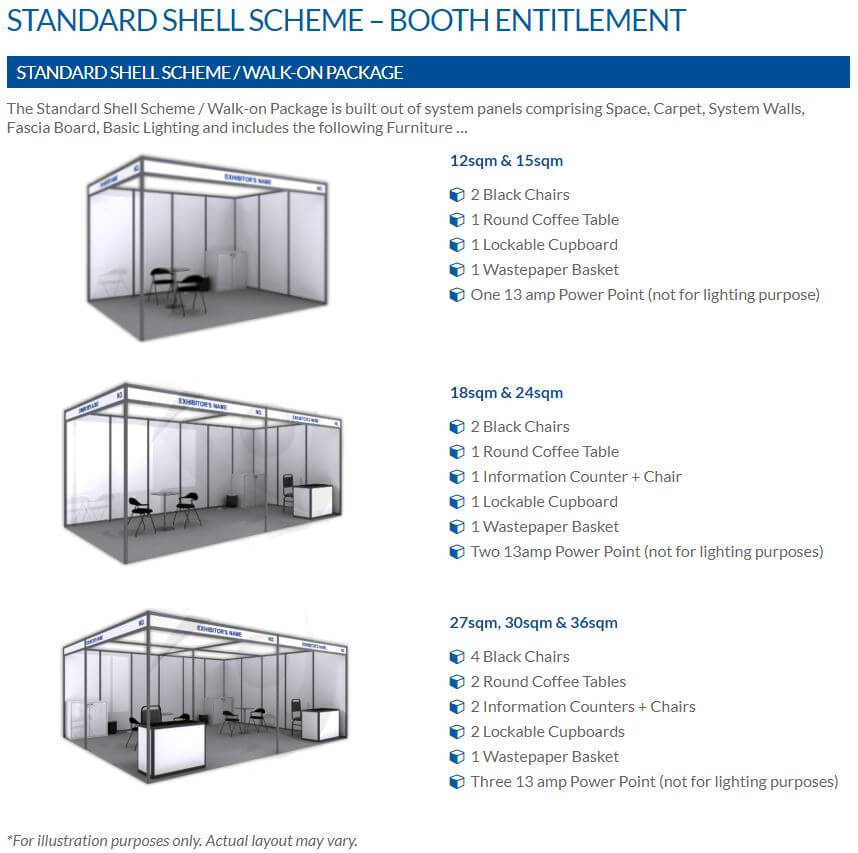Mitsubishi Electric to export radar to Philippines in first defense package deal since ban lifted
by Japan Times | March 27, 2020
Mitsubishi Electric Corp. won an order to deliver air radar systems to the Philippines for about ¥10 billion ($90 million), in the first defense product export from Japan, excluding parts, since its long-held arms trade ban was eased in 2014, a government source said Thursday.
The systems developed based on the JFPS3 and JTPS-P14 radars employed by the Self-Defense Forces will be provided to the Philippine Air Force, the source said.
JFPS3 is capable of detecting approaching fighter jets and missiles, and is used as part of Japan’s defense system against North Korea’s missile threats. JTPS-P14 is an anti-aircraft radar system usually carried on vehicles.
The deal was initially due to be completed by May, but negotiations have stalled due to the COVID-19 pandemic, Japanese government sources said.
Since Japan removed its all-out arms export ban imposed during the Cold War, it has exported parts of the PAC-2 mobile missile defense interceptors, produced under license in Japan, to the United States.
It has also provided used SDF training aircraft to the Philippines for free, but Tokyo has not exported any complete defense products.
The Philippines is among several Asian countries that are involved in territorial disputes with China, which has been increasing its military presence in the South China Sea.
Japanese defense manufacturers have been falling behind foreign rivals due to constraints imposed by the previous version of the nation’s three principles on defense exports, as well as their lack of competitiveness with pricing.
The government adopted three new principles on the transfer of defense equipment in April 2014 amid concerns the policy change could hurt Japan’s status as a pacifist state. The principles state that the country will continue to embrace the basic philosophy of being a pacifist state that abides by the U.N. Charter.
It will allow arms exports only if they contribute to international cooperation and security interests.
Still, Japan will prohibit the export of weapons to countries involved in conflicts and the ban would also apply when exports violate U.N. resolutions.


